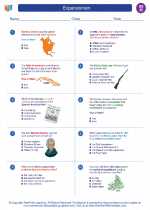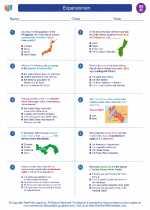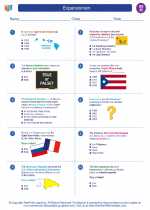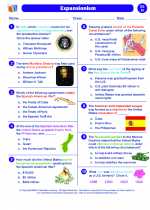Battle of Verdun
The Battle of Verdun was one of the longest and most costly battles of World War I, fought between the German and French armies from February 21 to December 18, 1916, near the town of Verdun-sur-Meuse in northeastern France.
Causes of the Battle
The German high command chose to attack Verdun due to its strategic location and the belief that capturing the fortress city would "bleed the French army white" and break the morale of the French people.
Key Events
The battle saw intense fighting and the use of new tactics and weapons, including the extensive use of artillery bombardment and the deployment of poison gas. The French forces, under the leadership of General Philippe Petain, held on tenaciously, and the battle turned into a bloody stalemate.
Impact
The Battle of Verdun resulted in massive casualties, with estimates of around 300,000 to 400,000 soldiers killed and hundreds of thousands more wounded. It also had a profound impact on the psyche of both the French and German soldiers, as well as on the course of the war.
Study Guide
- What were the causes of the Battle of Verdun?
- Describe the key events and tactics used during the battle.
- What was the impact of the Battle of Verdun on the war and the soldiers involved?
For further research, it would be helpful to explore the specific strategies employed by both sides, the experiences of soldiers in the trenches, and the long-term consequences of the battle on the Western Front.
Understanding the Battle of Verdun provides valuable insights into the nature of trench warfare, the human cost of World War I, and the strategic decisions made by military leaders during the conflict.
.◂Social Studies Worksheets and Study Guides Eighth Grade. Expansionism

 Worksheet/Answer key
Worksheet/Answer key
 Worksheet/Answer key
Worksheet/Answer key
 Worksheet/Answer key
Worksheet/Answer key
 Worksheet/Answer key
Worksheet/Answer key
